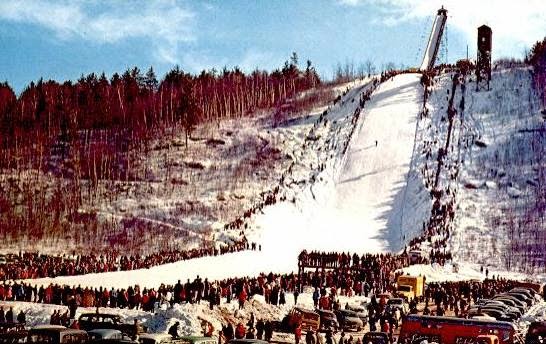CHRIST IN WINTER: Reflections on Faith & Life for the Years of Winter
Last Sunday morning, at 5:00, time to get up, I woke from my final dream of the night, standing at attention while the admiral pinned my insignia on my white navy dress uniform. I was on a ship that was also a college. A woman I wanted to see was in a room by herself down below—not trapped, but it was sort of secret. I went and knocked on the door. She let me in. Then something happened up on deck, and the halls were filled with faculty types who were pleasant enough but trying to escape something up above. That was when the admiral said to me, “Are you here to visit her?” I acknowledged it. He said, “You need to be with the other officers now,” and pinned something on my uniform.
Clearly--especially since it was Sunday morning, and I always pray for all my preaching friends and all the churches I have attended and pastored during my 3 AM watch in the wee hours of Sunday—a death-prep dream. The dream says that it is time for me to leave Helen and join my preaching friends who have already joined in the eternal goodly fellowship of the prophets: Bill and Keith and Charles and Bill and Jack and Gary and GL and Bruce and Bob and Tony and Raydean and George and Ben and George and Dale and Dean and Jean and Barbara and Kim and Joe and Roger and Thor and Earl and Glenn and John and Perry and Don and Max and Bert and Will and Marcus and Joe and… a great cloud of witnesses.
I’m not eager to join them, but I think the dream says that I am ready.
I just hope that I die on the day after my birthday. In so many of their obits, my friends have been listed as 80 or 83 or 88 [these are the more recent ones-some died much younger] when they have been only 2 to 4 days short of a birthday. They were really 81 or 84 or 89. I don’t want some obit writer to cheat me out of a whole year, because every day is precious.
In old grave yards, you’ll often see a stone that says some person was 27 days and 3 months and 16 days old when she died, or some other set of numbers. Stone cutters usually charged by the letter, so a stone like that cost a lot more than just saying she was 27. But whoever was paying the bill knew that each day was precious and should be acknowledged.
“This is the day that the Lord has made. Let us rejoice, and be glad in it.”
John Robert McFarland














